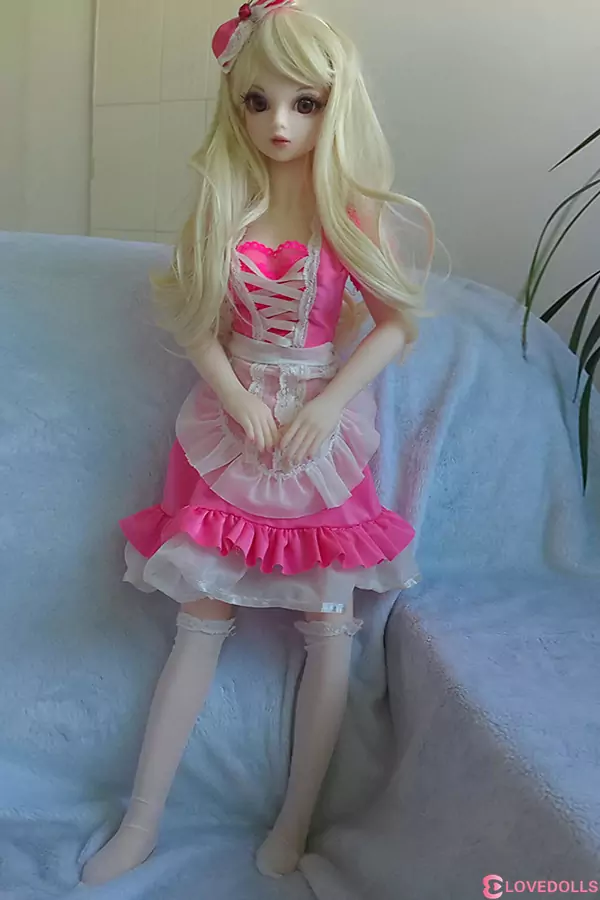pussycat dolls tainted love Relevant Information
(18 People Likes) Why do they make those practice baby simulator dolls so dramatic and unrealistic? I have 3 kids and know that real babies don't cry that much.
of my kids had GERD (Gastro Esophageal Reflux Disease). Being new parents with no experience, we had no idea what was wrong with Baby #1, only that he screamed - not cried, screamed - 18+ hours a day. He never napped. If you put him down he would scream. He refused to sleep in his crib. If you put him down he would scream. He refused to let me put him in the baby vibrator seat. If I did, he would scream. I had to wear him in a Baby Bjorn tummy-to-tummy most of the time - even when cooking, doing chores, grocery shopping, doing laundry, etc. If I didn't, he would scream. When he did sleep, it was only for 2–3 hours at a time. I would have to put him down in a safe place - where he would scream - to go into the bathroom and sob into a towel. It was a nightmare. He was six weeks old before our pediatrician - whom I will forever be grateful to - diagnosed him as possibly having GERD, based on one seemingly insignificant thing I told him. (At this point, I was already out of my mind with desperation. I literally recited a kitchen sink's worth of stuff that occurred during and after nursing - even the stuff that didn't seem important. It was the last of this laundry list of random-seeming things that made him think “GERD”. Thank god I did that.) Because our eldest child had been diagnosed and treated properly, we recognized the symptoms when our younger two started screaming a few days after birth. We were able to get them proper treatment far earlier as a class="nturl" style="color: red">mini sex doll esult. We were lucky, though. We were able to help him with a small dose of Zantac. Some babies just have colic, and there is nothing you can do about it. So, to answer your question: Why do they make those p pussycat dolls tainted love actice
(53 People Likes) What crime was committed if you had intercourse with a sex doll in public?
n. But in general terms, everything Ryan Thea mentioned Sex Doll plus statutes that involve lewd behavior, and if there are, or reasonably could be any children in eyeshot, the same litany of charges with a “in the presence of minors” kicker tacked on (which usually invol
(20 People Likes) Is it illegal to own an underaged sex doll?
you are referring to ones that are made to look like underage girls. I know there have been some state lawmakers who have tried to make them illegal. My advice is to look up the laws where you live, and find out for sure if it's illegal. My opinion is they shouldn't be illegal. I think it's better to use a doll for sex, rather than sex with an actual ch
(99 People Likes) Do you know some movies that use baby doll props instead of cast real babies? Do you feel irritated to watch that?
romp about revenge and justice in 1950's Mississippi is truly remarkable. The first time I saw this movie I didn't know how to take it; I turned on my TV on pussycat dolls tainted love day right at the scene where Eli Wallach and Carroll Baker are upstairs playing hide and seek... It seemed disturbing, but something about it held my interest. A second viewing of this film was powerful. Karl Malden is right on the money as the loud-mouthed, frustrated, alcoholic husband; Carroll Baker, brilliant (and stunning) as Baby Doll; but I have to say, Eli Wallach SHINES as Silv
(86 People Likes) Why are people lonelier than ever even after having more devices that supposedly keep us connected? Is this related somehow?
that we’ve found and they help to basically reframe the question. It does seem like a contradiction if you think about it intuitively, right? People have X level of social interaction without technology Y. Technology Y makes it even easier to coordinate social events, manage one’s social calendar, and talk to people. Surely X should be higher after people adopt technology Y, right? But that’s not… exactly what happened. What has happened is… complicated. One study found that social isolation hasn’t actually decreased since 1985 and that “Mobile phone and Internet use, especially specific uses of social media, were found to have a positive relationship to network size and diversity”. Some studies have found positive correlations between social media use and social isolation (i.e. social media makes us more isolated); and other studies have found the opposite . Some research has looked into how social media impacts our core social networks versus more disparate ones. I can’t find the specific studies that show the data, but it’s generally well-accepted that social media does seem to increase our core social relations while possibly making us less likely to see more distant acquaintances in person . Social media can expose us to more caring and more demands on our attention, time and emotional resources . When you get such disparate results in sociology, that’s telling us something. It’s telling us that the problem is really complicated and we don’t have the right tools to ask the right questions. How do you measure social isolation? Is it based on how people feel, phenomenologically, or how they actually demonstrably are, based on their interactions with people? Is someone who has a few really close friendships more or less isolated than a celebrity with hundreds of hangers-on but no one they really feel they can be honest with? Is there a difference between being really involved and respected at work than at church, or in your family network versus your friends? And then there are really important theories that we may have overused that may have dictated how we thought about our questions and methodologies. For example, Mark Granovetter revolutionized sociology when he considered the Strength of Weak Ties, the power that comes from more distant friends and relationships who by virtue of being less closely connected to you also have a large amount of information you don’t have access to. But later research has pointed out that, sure, the people you don’t spend as much time with may know things you don’t, but you also don’t spend as much time with them, which means you’re less likely to get a bandwidth of useful information. In contrast, your close friends are exposing you to a ton of information, and while a lot of it is redundant to you, not all of it is. So are we more or less isolated from technology? It’s complicated. But I do think we can reframe the question helpfully. Step back for a second. Were people really all that deeply social before the era of the ubiquitous mobile phone? You can just read Anarchy Revolution by Greg Graffin, or look at any of the punk songs and the music of people like Marilyn Manson and Rage Against the Machine, to see a sense of isolation and anger at that isolation in youths going back decades now. Putnam’s research that he presents in Bowling Alone suggests that Americans have been pretty well isolated for a long time. As an anarchist, I think that there’s been actually a pretty effective set of policies and corporate priorities that have dissolved a lot of traditional mechanisms for people to meaningfully coordinate (meaningful political parties and elections, meaningful unions) and that have generally promoted atomistic values that suggest we are best off when we go home and just watch TV. But even if you disagree with that assessment or think it may have been less deliberate than I might imagine, the evidence is still really clear: Americans are fairly isolated, and have been for decades. For some, it has made us aware of the people we care about who have drifted away and makes us feel guilty for having let them go. For others, it gives us tantalizing glimpses into the lives of people who seem to have better and more authentic friendships. (The fact that so much of that is itself posturing and public branding intended performatively doesn't really matter). Indeed, in that vein, it has made some of us so worried in terms of how we look to others that we can never be “off”, never just home and alone. For many of us, that isolation then leads us to destructive rabbit-holes, like multilevel marketing schemes and scams, cults, anti-vaccination movements and other fringe social movements, and other communities that turn a slight interest and a need for belonging into fanaticism. But these problems preceded social media. They’ve just been brought to the forefront. The Arab Spring may not have been as promising as so many of us hoped, but it is still the case that long-standing corrupt and authoritarian regimes got challenged because social media made it possible for people to coordinate activity and share revolutionary ideas. Technologies make their own context that we adapt to. But they still only do that because we let them. And we can change that context. The only question is how to solve a problem humans have been grappling with since the very first people could ask questions beyond what was for dinner that night: how do we make societies so that a good spirit hangs over them, so that everyone has their well-being fulfilled? And we finally are gaining the tools to start really answe































